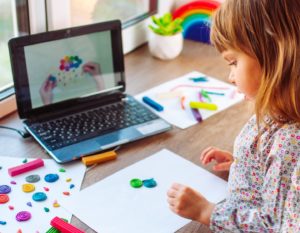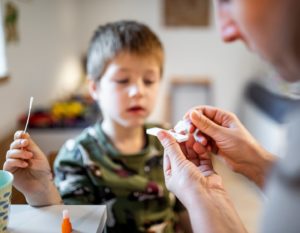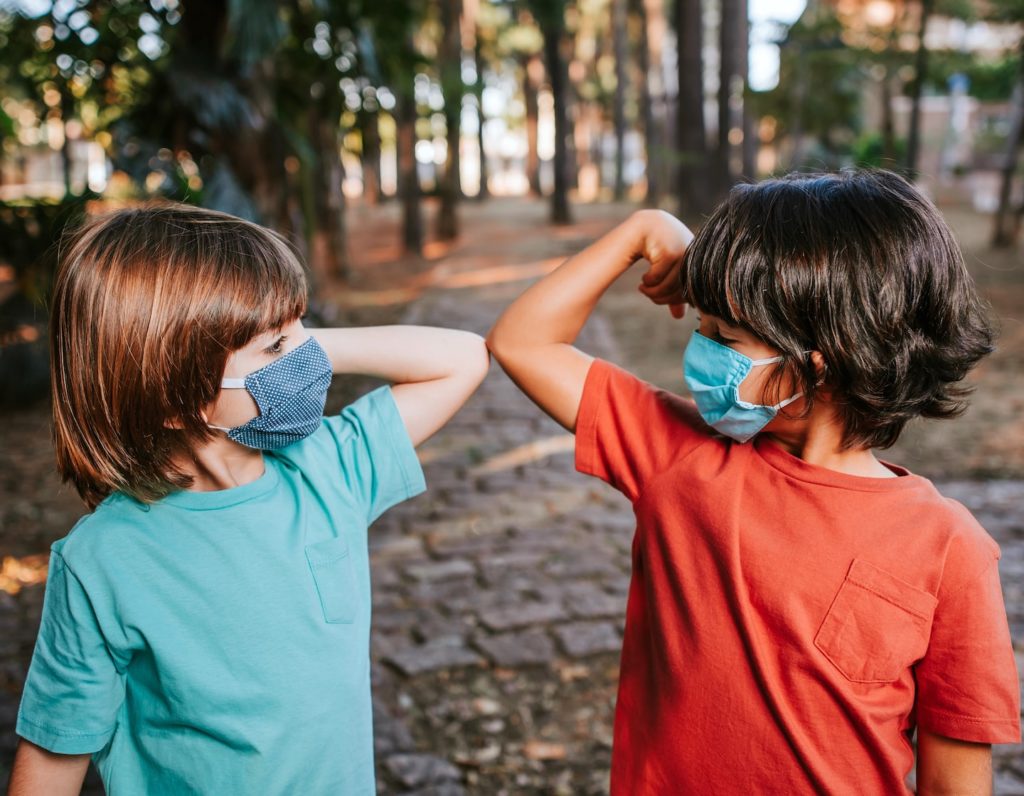
 Post Category - ParentingParenting
Post Category - ParentingParenting Post Category - Health & WellnessHealth & Wellness - Post Category - WellnessWellness
Post Category - Health & WellnessHealth & Wellness - Post Category - WellnessWellnessNavigating children’s social development is tricky at the best of times, let alone during a global pandemic. In an ever-changing world it can be challenging to know the impact that social distancing might have on kids. As we find ourselves facing restrictions once again, a Hong Kong expert offers her thoughts on social distancing and its more positive aspects.
Most adult conversations – since the COVID-19 era began – typically centre around our ability to operate (as usual) under these unprecedented conditions. Parenting during COVID-19 definitely looks different to pre-pandemic times. Now that we’re back to online learning (again!), how do we keep healthy, productive and sane with the kids at home? Parents, regardless of the situation, are always tasked with the never-ending management of schedules but this has been something else!
However, beyond talk of life logistics, we should not ignore the longer-term impact this could have on the social and emotional development of our children. We take a look at how recent events might shape our little ones and what effect social distancing measures might have.
Read more: Coping With COVID Fatigue: 10 Practical Tips To Take Into 2022

Social Distancing For Kids And The New Normal In Hong Kong
While most have likely adjusted naturally to this “new normal”, parents should be aware that what is visible, behaviourally, is only the surface of complex developmental needs. For children of all ages, these components of development are vital. As children move their way through school, they are gradually establishing a sense of self, independence, and autonomy. This sense of self relies on the formation of relationships separate from those of the immediate family. Building this is a significant, or arguably, the central role of formal schooling, not just academics.
Teachers guide them through this journey, observing, modelling, and redirecting when the behaviour is not working within the larger social environment. Naturally, engaged and happy parents also do this. But with these current circumstances, it can be difficult to be constantly patient, aware and engaged enough to stay on top of things.
With school closures, you as a parent may notice some warning signs that your child may be struggling. Some observations may be:
- Their moods have become more pronounced, or drastic in their variation
- They may show atypical preoccupation of thoughts, heightened anxiety and fear around the thought of leaving the home, or eventually returning to school
- Atypical violent or aggressive outbursts are occurring
- Their sleep may be affected (or appetite)
- There is a lessened interest in their usual appealing activities or topics
Thankfully, as we have lived through previous school or playgroup closures, institutions are prepared on how to address issues reintegrate children. Schools will most certainly have a transition plan and are prepared to help ease the shift in schedules. Rely on the teachers and guidance teams to help observe and formulate a plan and, if you need further support, contact a counsellor to help.
Read more: 10 Tips To Help Busy Parents Deal With Forced School Closures

The Positive Aspects Of Social Distancing For Children
Worry aside, with a positive mindset it can be quick to identify the benefits of keeping distance and staying home (this differs at different ages).
If the home environment is safe, caregivers are relatively present and there is some routine, most children will be happy and fine. One huge benefit of distancing and staying home relates to sleep. Without children taking an early morning bus to school, they may be able to settle into a healthy and biologically natural sleep pattern. This hugely benefits adolescents as they are in a daily state of sleep deprivation due to early school start times.
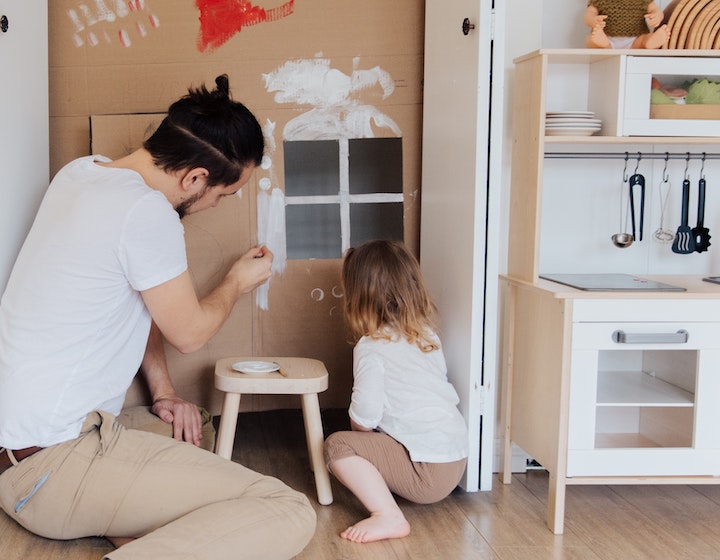
Another benefit, if families take the time to recognise it, is based on the idea of simplifying and slowing down. I have yet to come across many Hong Kong families that would normally consider themselves to be living a simple and slow life. The urban environment does not encourage it and many people wouldn’t choose a simple life willingly! Isolating and distancing have raised questions about what is really required and can create a reset in the family’s culture and thinking.
We have been forced to empty the schedule: school, extracurriculars, tutorials, playdates, parties….the list is long! The benefit for your children can be significant if acknowledged in a positive way: we do not need all of the things to be content. Finishing up homework in the morning, long Lego sessions, a mid-afternoon family movie, or online workout, and pancakes for dinner have become my children’s new routines.
If you notice that your mind, mood, and behaviour is not aligned, nor is your child’s, please contact a counsellor to get you on the right path.
Read more: A Hong Kong Mama Decides To Consciously “Unschedule”
Editor’s note: This article was originally published in June 2020 by Stephanie Young and updated in February 2022.
 View All
View All










 View All
View All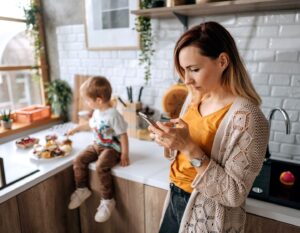

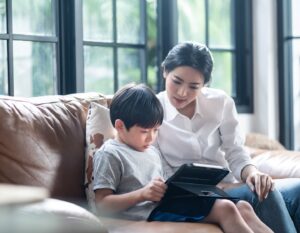



 View All
View All


 View All
View All








